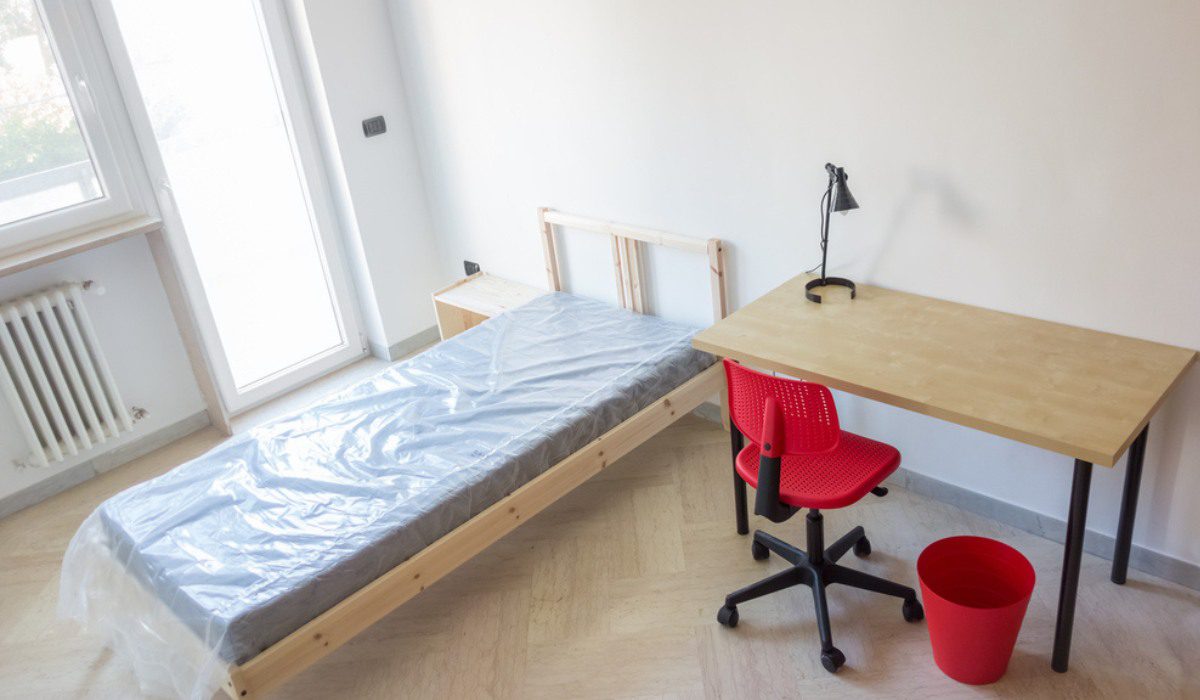More people are converting their homes into paying guest (PG) accommodations in big cities, where many students and working professionals arrive each year. PGs are becoming popular because they provide tenants convenience and flexibility while offering property owners a way to earn money. However, before deciding to turn your home into a PG, it is important to consider several factors. Ensuring the safety and security of your home, adhering to rules and regulations, and being aware of additional costs are all crucial. Additionally, it is important to consider how your neighbours may feel about having a PG in the area.
See also: PG Hostel Full Form: Everything you Need to Know
Things to remember before converting your home into a PG
Legal formalities: Building a solid foundation

Before you turn your home into a paying guest accommodation (PG), there are some important legal requirements that you need to fulfil. When you convert your home into a PG, it becomes a business instead of just a place to live. This means you have to follow certain rules and laws. You need to obtain permission from the government to change your home into a business. Additionally, getting permission from everyone who lives near you is important, as they might not like the idea of a PG and could cause problems. If you fail to comply with the rules and regulations, you might have to shut down your business, which could be very expensive.
Security measures: Safeguarding your sanctuary

If you are planning to rent out a shared living space, it is crucial to prioritise safety, especially if you will have female tenants. Installing security cameras and hiring a guard to monitor who enters and exits the property is highly recommended. Additionally, it’s a good idea to inform the local authorities about the change in property use to avoid any potential issues in the future.
Background checks: Know your tenants

It is crucial to verify the identity of the person who will be staying in your property before you allow them in. To do this, you should ask for their identification documents, such as passport, Aadhaar Card, official ID or college ID, and keep a copy of these for your records. Additionally, you should ensure that the rental agreement is filled out and signed by the tenant. This agreement will provide information about the person who will be renting your property and help you avoid any issues in the future. You should include this in the agreement if you plan to change the rent amount every year. Once the tenant signs it, it means they agree to the terms, and it will help you avoid any disagreements later on.
Amenities and staff arrangements

Providing accommodation services in a PG involves additional expenses. The basic amenities provided by PGs include a bed, cupboard, and a cooling system, which may incur higher costs. Moreover, you need to hire staff to clean the rooms and bathrooms, as well as a security guard and a caretaker to manage the property. It is also important to consider the expenses for advertising the PG to attract potential tenants.
Expenses: Financial realities

Converting your property from a residential home to a commercial business can significantly impact your finances. Renting out your property to multiple tenants can increase your income, but it also means that you will have to pay more for utilities such as electricity, gas, and water. Additionally, you will be required to pay higher taxes as your property will be classified as a business rather than a residential property.
FAQs
Converting your house into a PG accommodation can be a profitable business opportunity. It allows you to generate rental income, utilise available space efficiently, and contribute to the demand for affordable housing.
Consider factors such as location and the local rental market. Research the average rent in your area to determine competitive pricing. Factor in utility costs and potential maintenance expenses when setting rent.
Common amenities include furnished rooms, basic furniture, a shared kitchen, Wi-Fi, and regular cleaning services. Depending on your target audience, you may also consider additional features like laundry facilities or entertainment options.
Advertise your PG through online platforms, social media, and local community boards. To ensure responsible and reliable tenants, implement a thorough screening process, including background checks, references, and interviews.
Establish clear house rules, encourage open communication, and promptly address conflicts to create a harmonious living environment for all tenants.
Consult with an insurance professional to determine coverage for your needs, including property damage, liability, and legal issues.
Utilise online platforms, social media, and local advertising to reach potential tenants. Highlight key features like location, amenities, and a comfortable living environment. Consider offering promotions or referral incentives to attract tenants. Why should I convert my house into a PG accommodation?
How should I set the rent for each room in the PG?
What amenities should I provide in the PG accommodation?
How can I attract and screen potential tenants for the PG?
How to handle conflicts among tenants?
What insurance do I need for the PG accommodation?
How can I market my PG accommodation effectively?
Got any questions or point of view on our article? We would love to hear from you. Write to our Editor-in-Chief Jhumur Ghosh at jhumur.ghosh1@housing.com







